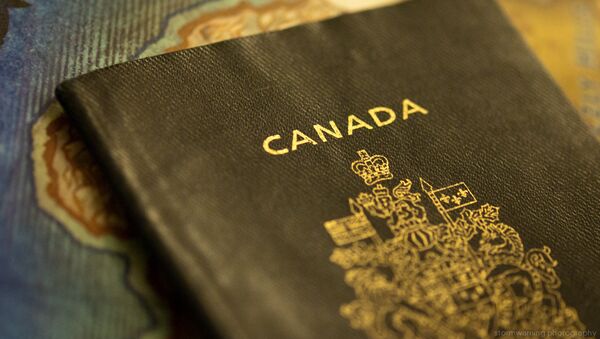Byrdie Funk is 36 and born abroad, in Mexico, between February 15, 1977, and April 16, 1981. Her Canadian parents were born abroad as well. These are the precise set of conditions that must be met to have citizenship automatically revoked at the age of 28.
The 1970s-era law was intended to revoke the citizenship of people twice removed from the country, as they were thought to have little or no connection with their grandparents' homeland. If someone wanted to retain Canadian citizenship, they had to apply for it. While not exactly unfair, as Audrey Macklin, a law professor at the University of Toronto, argues, this good intention created a bureaucratic mess.
The law applies only to those born between 1977-1981, despite that it was proposed in the 1970s and abolished in 2009. The abolishment of this rare practice, however, was not made retroactive, and the law is still in effect. A Canadian citizen may not even know that they have been affected.
By the letter of the law, a resident facing this complication must apply to retain their citizenship before the age of 28. If they do not apply, citizenship is automatically revoked.
"I don't understand how the government can't inform people," Friesen said.
"I think that's totally unfair, especially if you grew up here and you know nothing else," says Funk.
Donald Galloway, a University of Victoria law professor, believes that the government should have informed people long ago. Given today's methods of mass communication, he offered, it should be easy.
"I think it's quite shocking to live in a country where the government creates these byzantine rules and says 'Well, it's up to you to know the details," he said.
Until measures are taken, those whose citizenship is revoked must either immigrate back into the country of their birth, or apply for discretionary citizenship, which the Canadian immigration ministry can legally grant in "extraordinary circumstances." There is no official response yet from immigration Minister John McCallum, however, as to whether the implementation of an arcane and abolished law qualifies as ‘extraordinary.'





